Keywords: Common Good
There are more than 200 results, only the first 200 are displayed here.
-
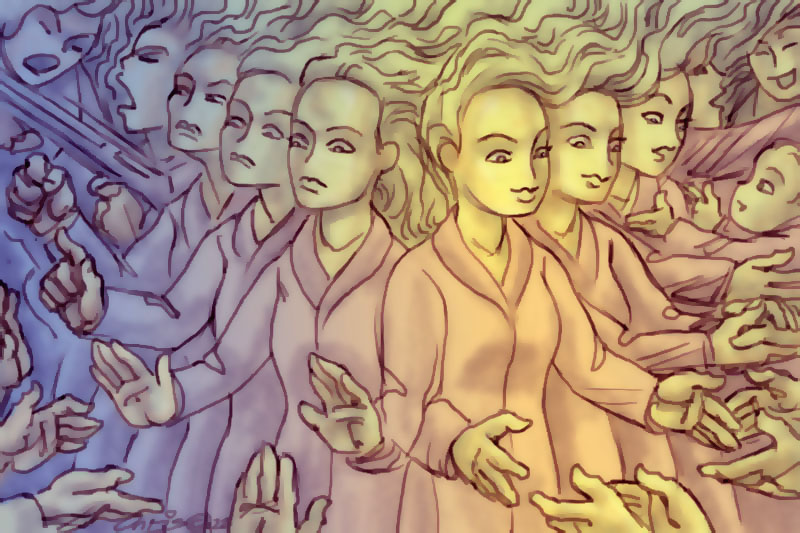
ARTS AND CULTURE
- Barry Gittins
- 05 September 2022
2 Comments
Philosopher George Santayana sagely pronounced, ‘Those who cannot remember the past are condemned to repeat it.’ Yet that repetition is part of being human. We are creatures of habit and don’t necessarily notice or learn from our thoughts and deeds. Nor do we necessarily want to be made aware of that lack of learning.
READ MORE 
-

ENVIRONMENT
- Andrew Hamilton
- 01 September 2022
2 Comments
To address climate change demands concerned action that is built on people working together for the good of all. This in turn demands the recognition that the environment is not something different from us but part of us. Our personal good depends on the common good of our world.
READ MORE 
-

INTERNATIONAL
- David Halliday, Beth Doherty, Tim Dunlop, Matthew Howard
- 26 August 2022
When former Facebook employee Frances Haugen released a trove of documents revealing internal research on the negative effects its social media products were having on mental health, the darker side of social media became hard to ignore. So how might the harmful effects of social media be mitigated into a social benefit for a saner, more coherent society?
READ MORE 
-
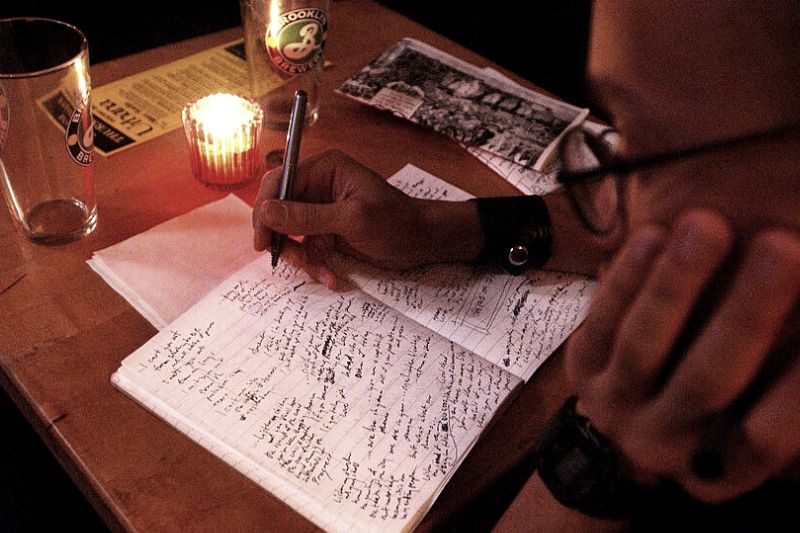
ARTS AND CULTURE
- Andrew Hamilton
- 25 August 2022
11 Comments
In most circles poetry doesn’t matter. It doesn’t put bread on the table, nor raise people to revolt nor even make news unless a grizzled footballer is outed for secretly writing poems. Even in churches poems and hymns are altered to improve their orthodoxy in matters of faith, gender, race or modernity, but rarely their poetic quality.
READ MORE 
-
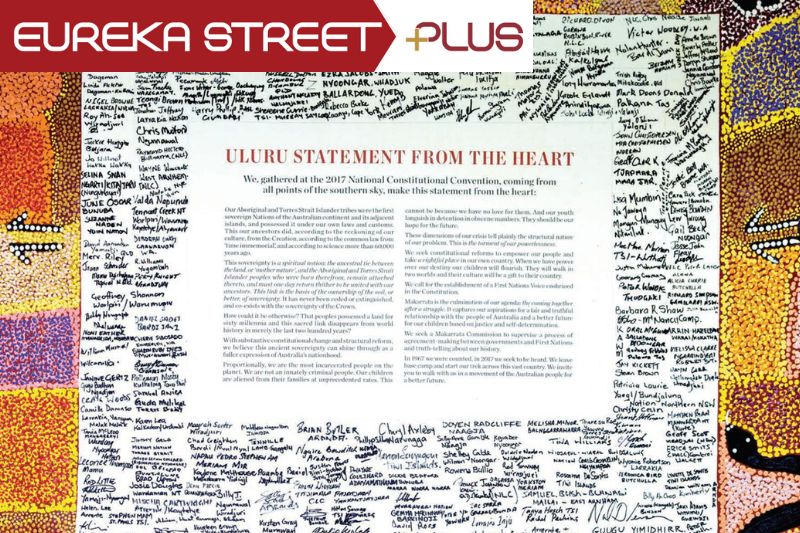
AUSTRALIA
- Frank Brennan
- 17 August 2022
2 Comments
We need to be able to do more than simply give notional assent to the Uluru Statement. We need to be able to contribute to the hard thinking and difficult discussions to be had if the overwhelming majority of our fellow Australians are to be convinced of the need for a Voice in the Constitution.
READ MORE 
-

ARTS AND CULTURE
- Cherie Gilmour
- 02 August 2022
6 Comments
We all know the Internet can be a seething cesspool of vitriol, so the presence of heart-warming videos of people slipping $20 into someone’s coat pocket or randomly complimenting a stranger, even the ubiquitous handing out of flowers, is largely welcome. But is this actually kindness? If an act of kindness happens and no one is there to film it, did it really happen?
READ MORE
-
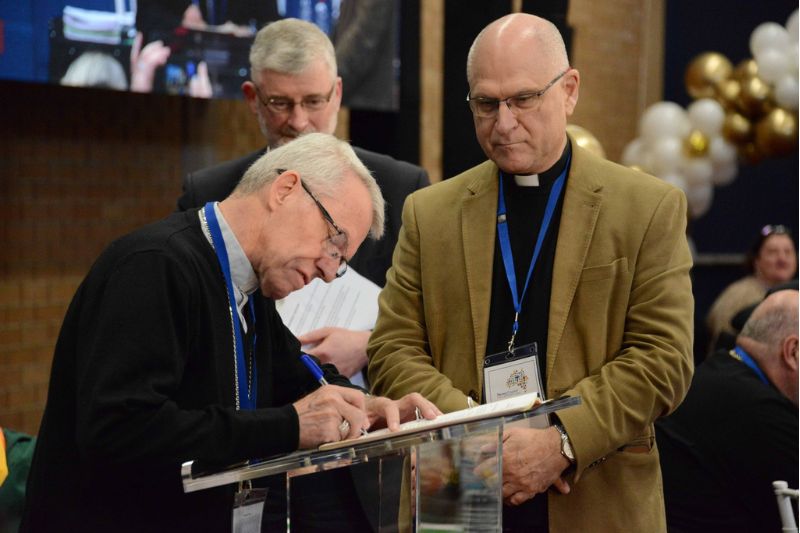
RELIGION
- Geraldine Doogue
- 27 July 2022
7 Comments
What did the Plenary mean exactly, and what is next for the church? Secretary to the Council, Fr David Ranson, offers a rich and bracingly realistic set of observations about the Plenary Council. As secretary, Fr David was deeply absorbed in the lead-up, in the events of the week itself and now in assessing what comes next. He might surprise you with his judgements. They're delivered by a man with an acute sense of Church procedures but also with an eye to possibilities.
READ MORE 
-

AUSTRALIA
- Andrew Hamilton
- 27 July 2022
2 Comments
Over recent weeks many people have expressed alarm and despondence at the rising number of infections and deaths from COVID. Just as we were enjoying freedom from restrictions we found ourselves encouraged to work from home if possible and to wear masks. The crisis and the recommendations recall the first onset of COVID in Australia. Yet the response of Governments is much less forceful. The differences between the responses and the reasons for them merit reflection.
READ MORE 
-

AUSTRALIA
- Andrew Hamilton
- 21 July 2022
One of the tests by which we can judge political maturity is whether it gives due weight to complexity. It is easy to reduce political conversation to opposed statements between which we must choose. That will sometimes be appropriate. Often, however, discussion of policy raises several different questions, each of which needs to be considered.
READ MORE 
-

AUSTRALIA
- Melinda Tankard Reist
- 20 July 2022
2 Comments
Exposure to pornography has been linked to an increase in in sexually aggressive behaviour and adolescent dating violence. This mass, industrial-level grooming of our young is causing lasting damage to their social and sexual development and leading to even more women and girls being viewed as less human.
READ MORE 
-

ARTS AND CULTURE
- Juliette Hughes
- 14 July 2022
4 Comments
History is on my mind at the moment, all because of yet another awful Austen adaptation. The latest cinematic mud-pie thrown at her in the new Persuasion movie may even be the worst one yet, which is something, because there’s a lot of competition. Who can forget Gwyneth Paltrow in the 1995 Emma driving a carriage in a yellow ball gown as though she were doing the time trial in Top Gear?
READ MORE 
-
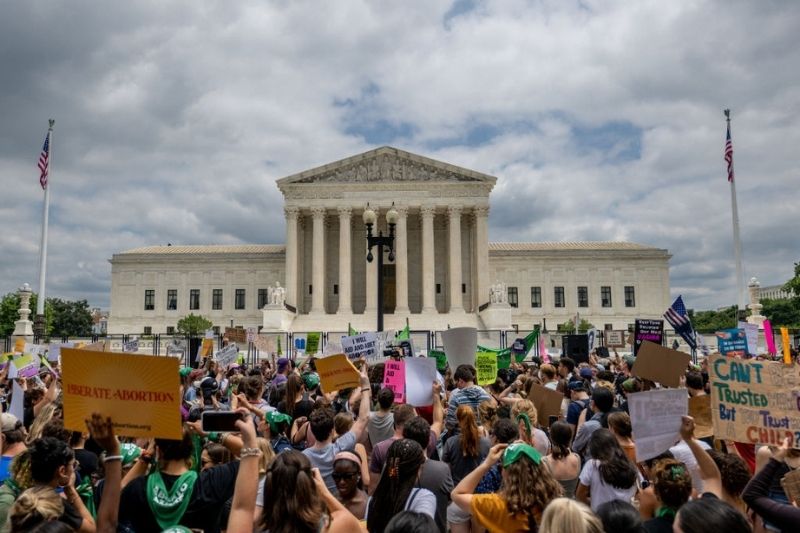
INTERNATIONAL
- Chris Middleton
- 05 July 2022
17 Comments
The overruling of the Roe v Wade decision by the Supreme Court in the Dobbs decision marks a significant moment in the abortion debate, while highlighting the deep fissures in America’s body politic. Despite the fact that the Supreme Court ruling had been foreshadowed months ago, the shock has been real.
READ MORE 